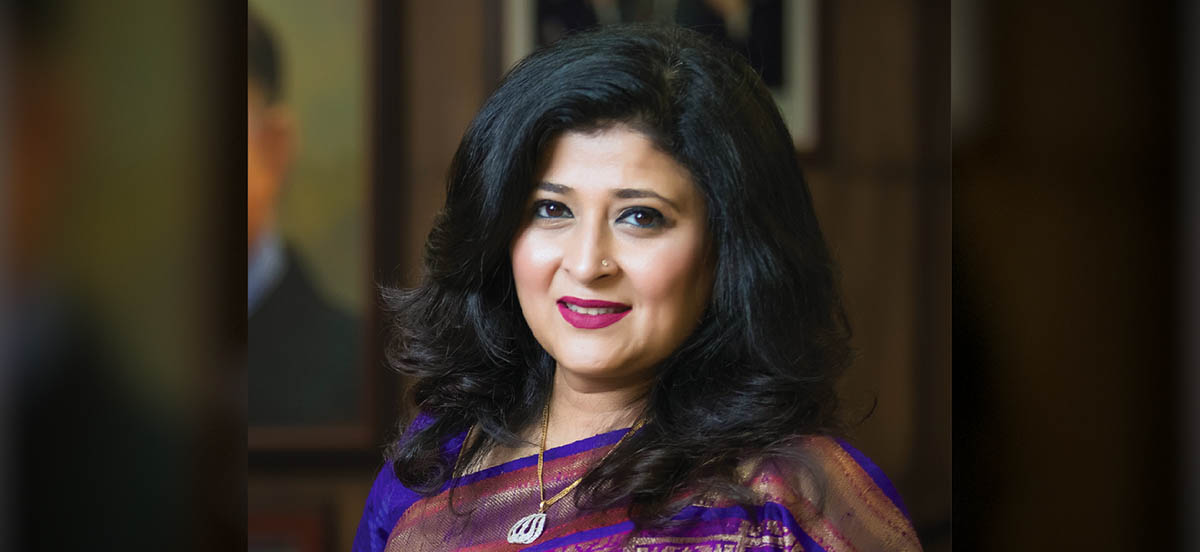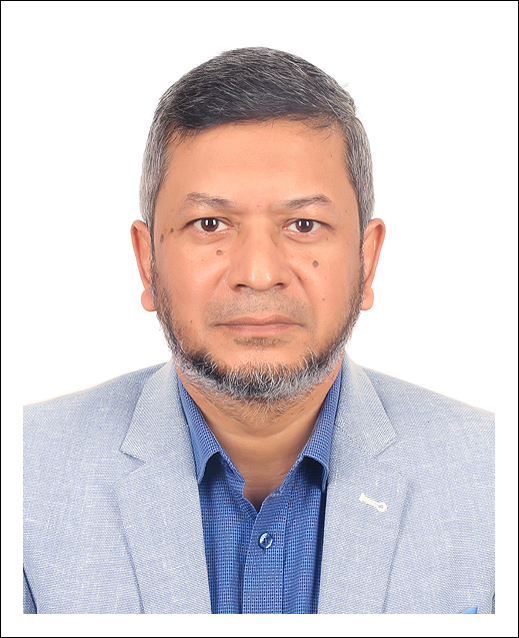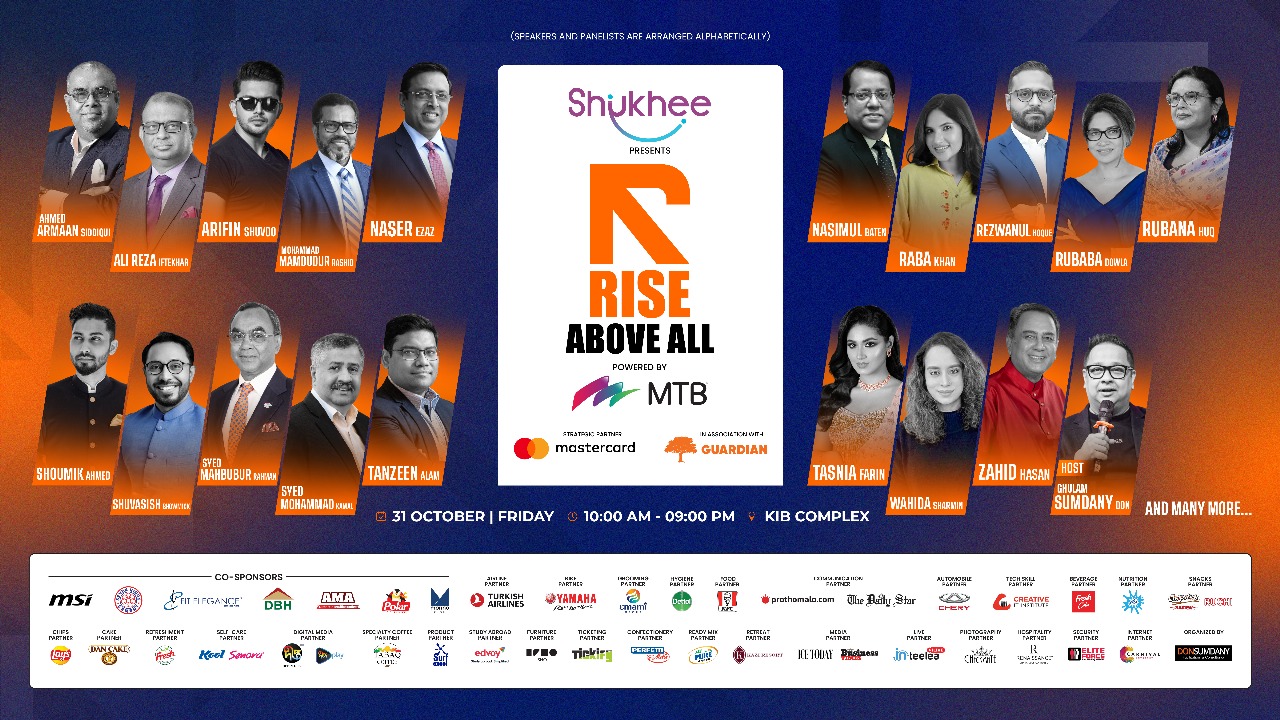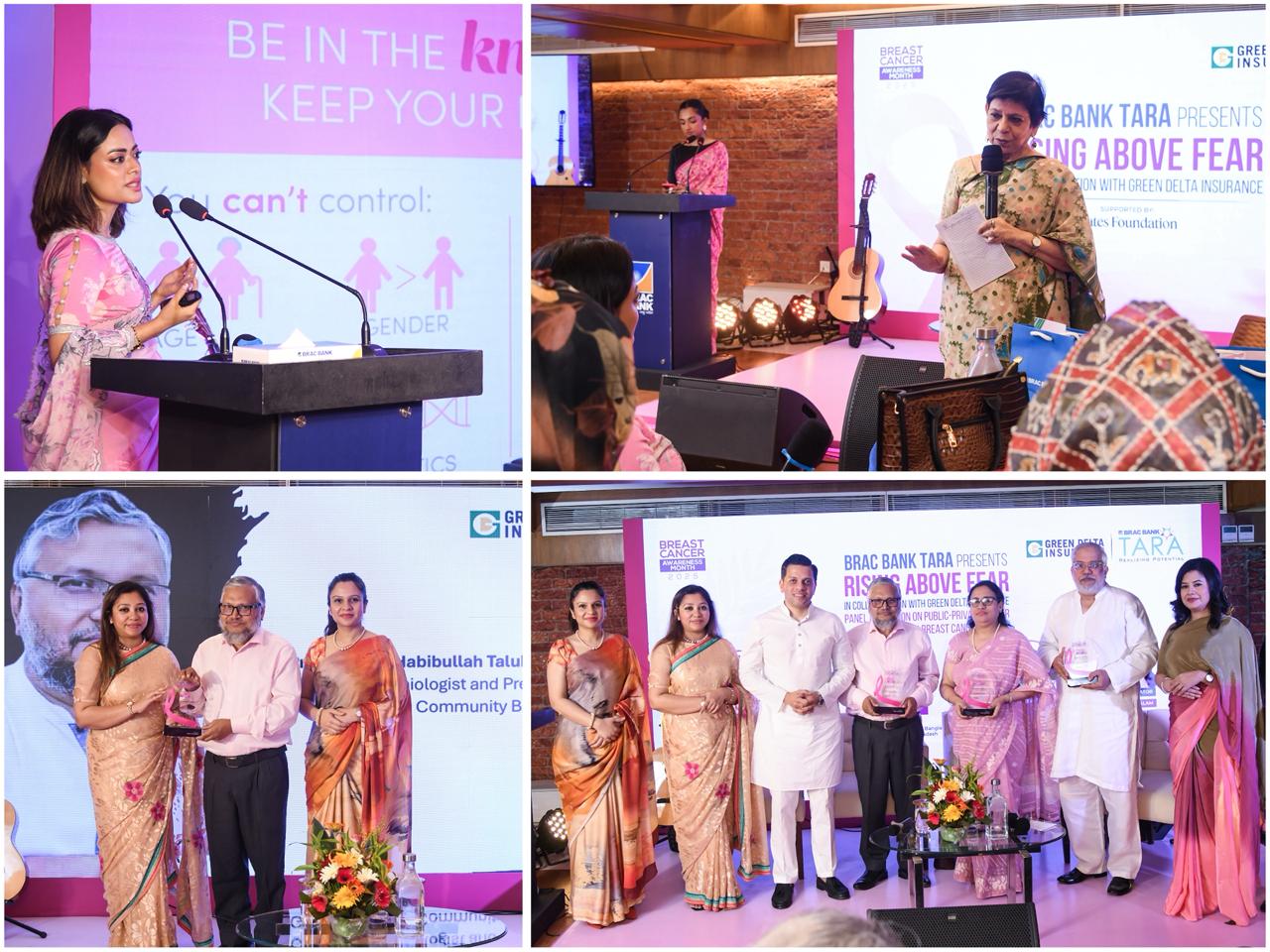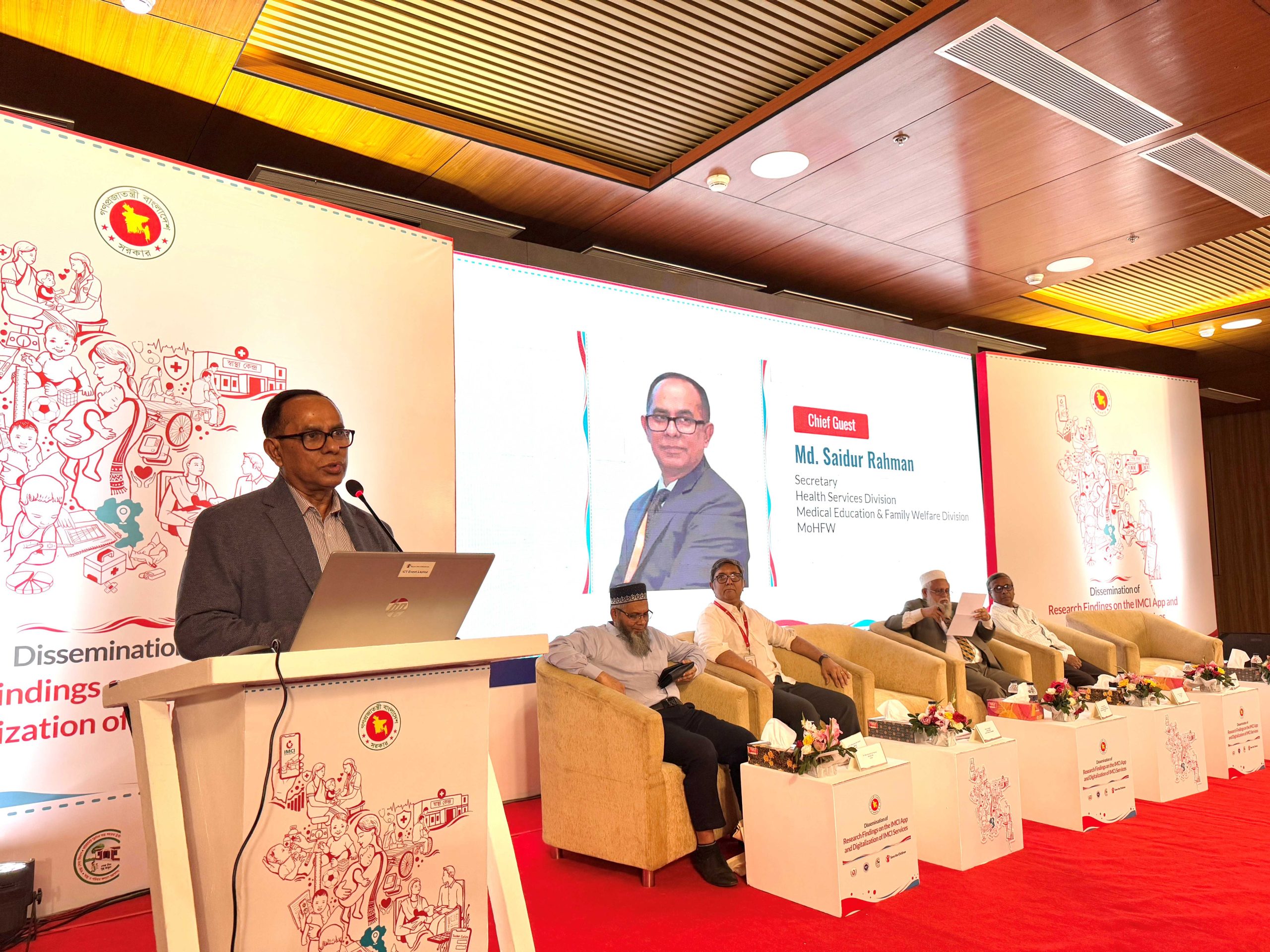The Green Thumb for Insurance
Farzana Chowdhury is not only pioneering a more robust insurance industry but also laying the foundation for a more secured, or in this case insured future for Bangladesh. As the first and youngest female CEO of a male-centric sector, Farzana and Green Delta Insurance have ushered in an era where people are aware of the fact that there is more to insurance than just life insurance. Being one of the very few chartered insurers of the nation, she has worked tirelessly to ensure that no one is deprived of any kind of financial services, be it a rickshaw-puller, small business owner or a CEO of a top firm.
Farzana is no stranger to being an innovator. Her journey actually began in the finance sector after finishing her MBA from Australia: “I wanted to work in the commercial sector and when I tried my hands in microfinance, it opened my eyes to all the opportunities in our country.” She has worked for BRAC, whom she credits for empowering her and also providing her with the experience to pick up all the tricks of the trade. She transitioned to the SME sector and was an innovative figure in making SME finance prominent in Bangladesh. Today SME is the biggest contributor to the GDP of Bangladesh. Farzana did not believe in working in a fixed routine and her knack for new challenges directed her to work for both the commercial sector and the development sector. At the peak of her tenure in the financial sector, Farzana was managing over 60% of the asset portfolio of some of the biggest firms in Bangladesh. While managing 423 offices in a sector that was growing exponentially, Farzana took the biggest leap of her career.
Her father, Nasir A. Choudhury, is one of the founding pillars of the insurance sector of Bangladesh and as a result, Farzana was always somewhat involved with the sector. “It wasn’t an emotional decision but a choice. I was always involved in Green Delta Insurance and I wanted to continue building that sector”, Farzana recalled that it wasn’t an easy start and for the first few months, Farzana felt as if this wasn’t her cup of tea and that she might have bitten off more than she can chew. “At first, I didn’t find it much appealing and after a month or two, I was beginning to think perhaps this sector was not for me.” Back then the insurance sector was neglected by policymakers. A sector which was under the finance ministry across the world was still under the commerce ministry in Bangladesh. While other sectors were going through software migration and believed in a holistic approach, the insurance sector was still in a manual phase and believed in a more traditional approach. On top of that, people were finding it hard to accept a female from the banking sector calling the shots in the insurance sector. Everyone knew that Farzana was a credible banker but she had no credibility in her new sector yet. Although the transition was rather difficult, overtime Farzana realized that there is much to be introduced to this industry and a lot to be accomplished here. Harnessing her unparalleled knowledge about finance, she was able to introduce the concept of SME insurance and locker insurance to the banking sector during her tenure in BRAC Bank. However, insurance is a complex area due to its technical nature, so Farzana decided that in order to make new strides in this industry, it is crucial to enhance her knowledge of the subject matter. She obtained her ACII degree from the Chartered Insurance Institute of UK in 2015. After obtaining her ACII degree, the shackles were off, now there was nothing holding Farzana and Green Delta Insurance bank from reaching new heights in the insurance sector. Being the go-getter she is, Farzana revolutionized the sector by introducing one concept after the other. Health insurance has experienced major revamps and Green Delta Insurance offers to send their clients to countries like Malaysia, Bangkok, India, Singapore and even the US to ensure that they receive the best healthcare facilities. Farzana stated, “Our aim is to improve the healthcare sector of Bangladesh and bring it on par with our foreign counterparts so that perhaps one-day people can come from abroad to our country for treatment.”
“Although IFC usually opts for startups, they have been working with us for the last five years by providing us with technical assistance. In a joint effort, we have developed a weather index model which is purely satellite-based that gives us data through which farmers can grow any crop in any area. Whether it is potato, rice or cassava, this index is currently helping 10,000 farmers improve their livelihood. Not only is it adding credit value to the lives of farmers but it is also developing bundle products for industrial use.”
Nevertheless, the crown jewel of their work is the Nibedita Comprehensive Insurance which is a scheme made specifically to cater to the needs of women. Speaking further on Nibedita, Farzana expounds, “We wanted to introduce a platform for women which can give them the confidence to move ahead while also taking care of their social and financial independence.” Farzana took it as a responsibility to break the barriers created by society, in order to reach out to women and let them know that they weren’t alone. Not only does it offer accidental insurance but it has trauma allowance for acid victims, rehab facilities, and counseling services. The Nibedita app has a built-in panic button which calls for help from the F&F and security forces once it is triggered. Farzana wants this to be a tool for women all over the country so that they can feel equal and they don’t have to live in any kind of fear. This scheme has reached more than 10,000 women who were all inspired by the tales of some of Nibedita’s initial users. One such story involves a woman who got injured while working in a factory. Nibedita not only provided her with the financial means to start over but gave her counseling to help her get over the trauma. She opened a tea-stall and Nibedita supported her throughout the journey, even when she was threatened by local goons. She got a second chance. Farzana further stated, “We want to improve women’s’ livelihood and work as a facilitator to help them achieve the decision making the role. We actually started this from our own firm because after all, we should practice what we preach. In Green Delta Insurance, we ensure that women, despite their socioeconomic status, get equal opportunities and are empowered. With Nibedita, no woman is alone. No woman needs to feel insecure.” Nibedita is slowly moving towards customization so that women of all class can enjoy its benefits. Farzana wants women to actively contribute to the GDP and wants Nibedita to be a tool that allows them to do so.
Farzana’s work with Nibedita has led her to be selected as one of the UNGC’s SDG Pioneers as the first Bangladeshi and she considers it to be a lifetime achievement recognition. Upon being honored with this title, Farzana has taken newer initiatives to continue helping to improve women’s and children’s livelihood. One such initiative is “Green Delta Kids” where Green Delta Insurance has personally taken the education responsibility of 40 children from Jaago Foundation from elementary school to all the way to their university. With her initiatives, Farzana has brought about genuine improvements in the insurance sector. But it wasn’t an easy road and it certainly wasn’t one that showed immediate results. Green Delta Insurance has to wait for years and even decades for their initiatives to show results. Projects that were set to motions all the way back in 2008/09 are just beginning to yield tangible results. They may be innovators of the industry but they also have to take the first risks and tank initial losses. Sustaining her company is one of the toughest challenges that Farzana faces. This is a result of the fact that our country is going through a transition period of economic development. According to Farzana, Bangladesh is still 10-15 years from hitting its prime and given the nature of technological advancement, the application of insurance may still not be ubiquitous by then. Another issue is the lack of awareness when it comes to insurance. “Personal accident policy of Tk. 1 lac has an annual premium of only Tk. 74 yet people don’t have insurance. They are willing to pay Tk. 300 for a burger or Tk. 500 to go to the movies and yet they refuse to have insurance.” Farzana added. In addition to that, she stated how the emergence of certain companies who don’t pay their clients claims properly has caused the loss of confidence in the insurance industry. “These are the areas we would need to improve if we want to sustain the insurance sector.”
Farzana stressed the importance of raising awareness and building a healthy relationship with the client. In order to take a step towards the right direction, Green Delta Insurance focuses a lot on branding. Farzana has a young dedicated team working on branding so that people have a proper idea of what insurance is. She along with her team is trying to make people understand the value of loyalty products and that there is more to insurance than meets the eye. She also further stated how schools can also help out in raising awareness by familiarizing kids to the concept of insurance from a young age. “It’s like phonetics, once it enters your brain, it won’t go away,” she added.
Due to its improving performances over the years, the insurance sector has been receiving a lot of help from the government particularly from the health ministry who have accepted Green Delta Insurance’s models and are now giving free health insurance to the poor via a biometric health card. The project is named Shashthya Surokhkha Karmasuchi (SSK). This has reached 300,000 people and is expected to double in the next two years.
Farzana’s aim is to create a one-stop platform for her clients for all kinds of financial services. She wants to particularly emphasize on digital insurance, microinsurance, health insurance and education insurance in the coming years as she believes that these are the trends that will be more prominent among the younger generations who rely on e-commerce. She dreams of a Bangladesh where a majority of the population will be covered by insurance by 2030.
The customer’s necessity shapes the framework of a developing product; it is the driving force behind Green Delta’s success according to Farzana. She uses this mantra in expanding the chartered insurers in Bangladesh.









